Tesla Autopilot takes driver to hospital
Model X navigates 20-mile route after driver suffers pulmonary embolism
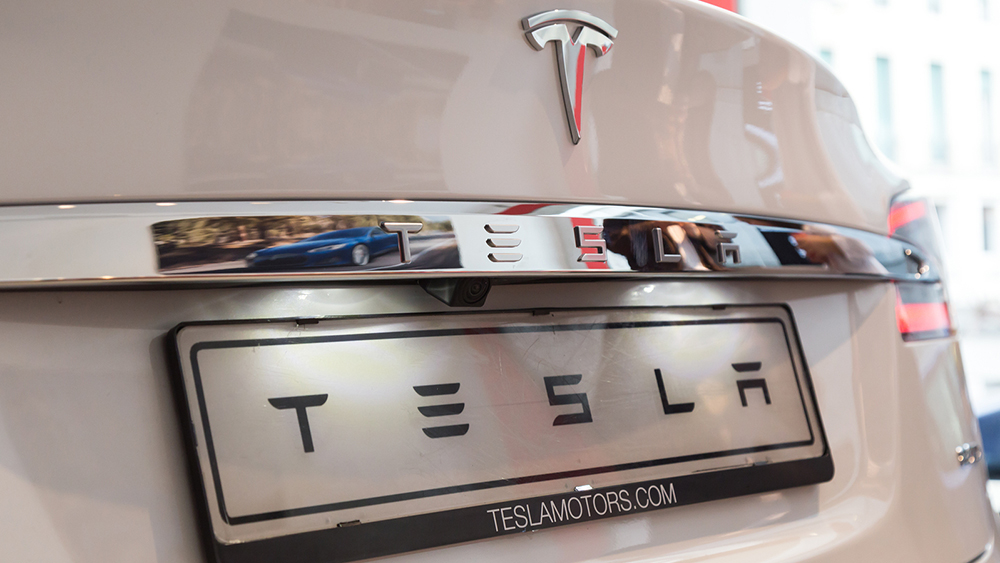

A Tesla Model X drove its owner more than 20 miles to hospital after he suffered a pulmonary embolism, it has been revealed.
Joshua Neally, 37, claimed that the car's Autopilot feature saved his life, in contrast with recent reports of crashes that have painted the feature as potentially unsafe.
Neally was driving home through highway traffic in late July when the incident occurred, reports Slate. He reportedly started experiencing pains that felt like "a steel pole through [his] chest", and decided that letting the Tesla navigate to the hospital would be faster than calling an ambulance.
Although the car handled most of the journey autonomously, Neally admits that he did take over for the final leg, pulling the car off the highway and steering to the hospital. While he admits that it may have been wiser to wait for an ambulance, he also suggested that were it not for Autopilot, he may have lost control of the car due to his injuries.
Neally's ailment, which results from the arteries in a person's lungs becoming blocked, kills around 70 per cent of its 50,000 annual victims in under an hour.
The Autopilot feature was implicated in a Model S crash earlier this year, when the driver and the Autopilot system failed to distinguish between an oncoming tractor trailer and the white sky.
In a further blow, a key supplier for the system has jumped ship in the wake of the two collisions. Israeli firm Mobileye - which provides the EyeQ SoC - cited 'reputational concerns', although Tesla CEO Elon Musk said that the split was "inevitable".
Get the ITPro daily newsletter
Sign up today and you will receive a free copy of our Future Focus 2025 report - the leading guidance on AI, cybersecurity and other IT challenges as per 700+ senior executives
Adam Shepherd has been a technology journalist since 2015, covering everything from cloud storage and security, to smartphones and servers. Over the course of his career, he’s seen the spread of 5G, the growing ubiquity of wireless devices, and the start of the connected revolution. He’s also been to more trade shows and technology conferences than he cares to count.
Adam is an avid follower of the latest hardware innovations, and he is never happier than when tinkering with complex network configurations, or exploring a new Linux distro. He was also previously a co-host on the ITPro Podcast, where he was often found ranting about his love of strange gadgets, his disdain for Windows Mobile, and everything in between.
You can find Adam tweeting about enterprise technology (or more often bad jokes) @AdamShepherUK.
-
 Bigger salaries, more burnout: Is the CISO role in crisis?
Bigger salaries, more burnout: Is the CISO role in crisis?In-depth CISOs are more stressed than ever before – but why is this and what can be done?
By Kate O'Flaherty Published
-
 Cheap cyber crime kits can be bought on the dark web for less than $25
Cheap cyber crime kits can be bought on the dark web for less than $25News Research from NordVPN shows phishing kits are now widely available on the dark web and via messaging apps like Telegram, and are often selling for less than $25.
By Emma Woollacott Published
-
 Why cutting-edge innovation is killing the planet
Why cutting-edge innovation is killing the planetIn-depth AI and robots will do our work, we’ll get paid in cryptocurrency, and cars will drive themselves – but each of these technologies is a massive energy hog
By Nicole Kobie Published
-
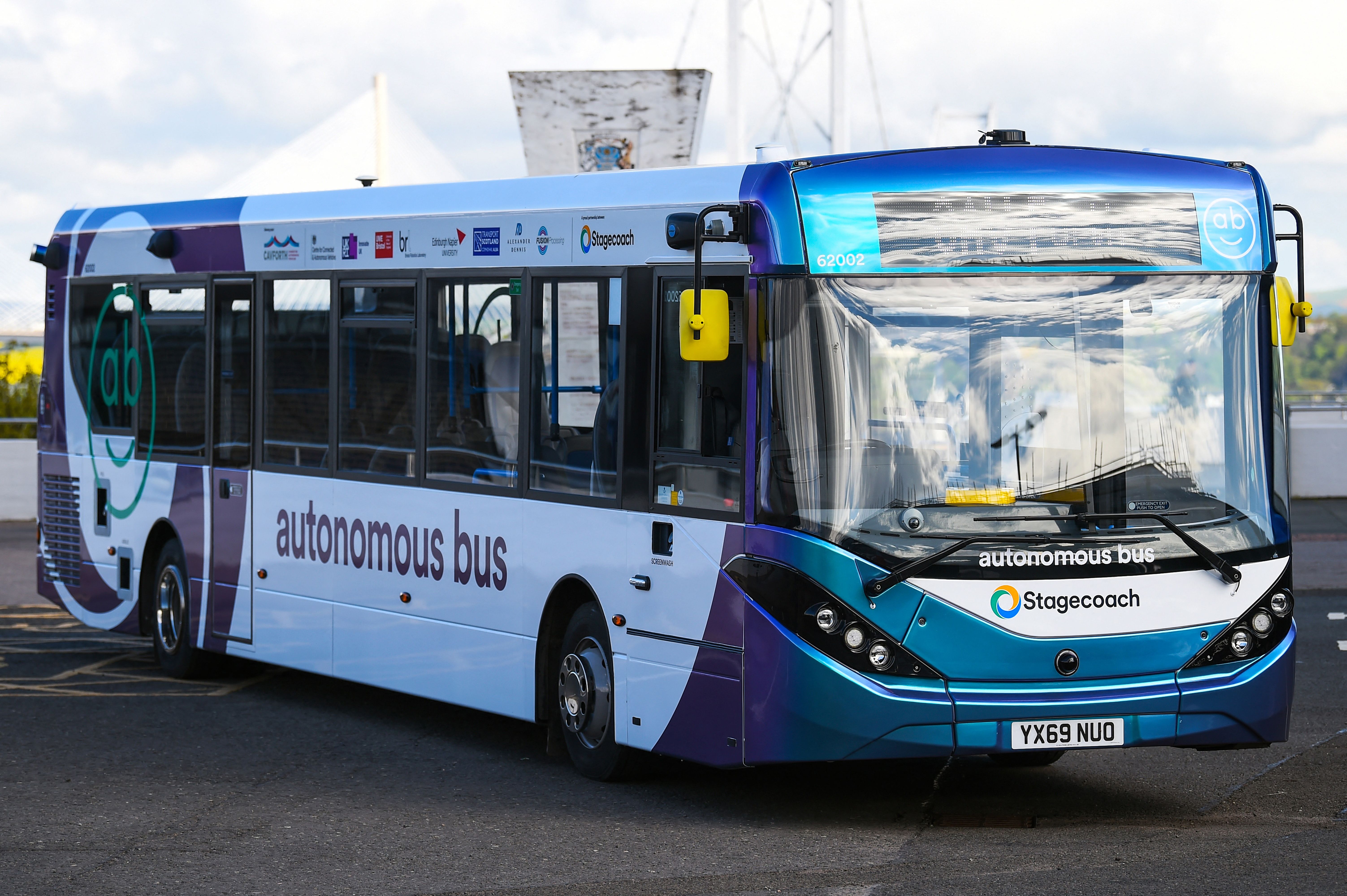 Meet the CAVForth project: The world's first autonomous bus
Meet the CAVForth project: The world's first autonomous busCase Study Edinburgh's AB1 route, in Scotland, lets the public catch a ride on an self-driving bus over the Forth Road Bridge. But is this really the future of public transit?
By Nicole Kobie Published
-
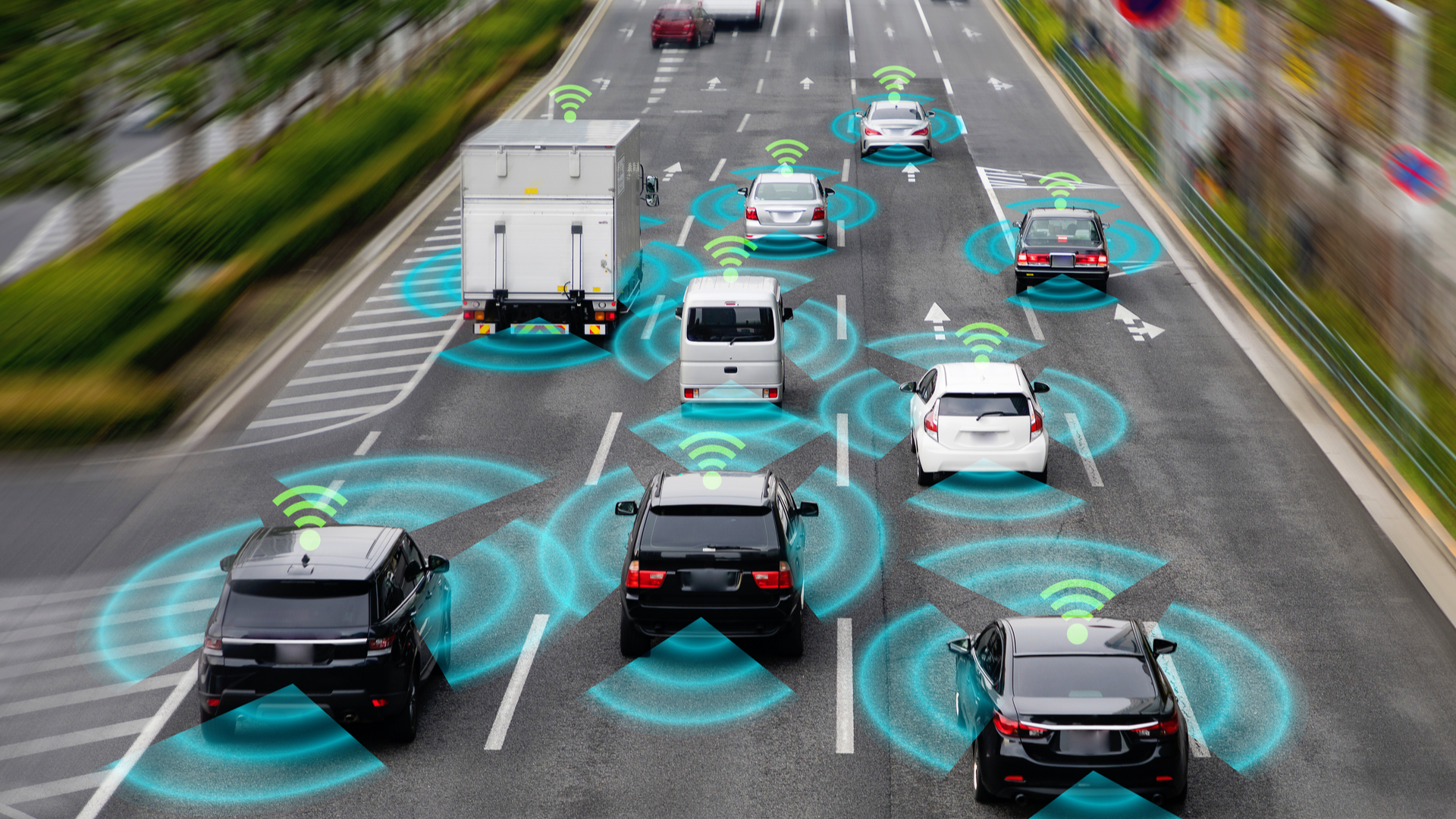 Sonatus secures $35 billion to spur software-defined vehicles
Sonatus secures $35 billion to spur software-defined vehiclesNews The funding will be used to turn cars into data centers on wheels
By IT Pro Published
-
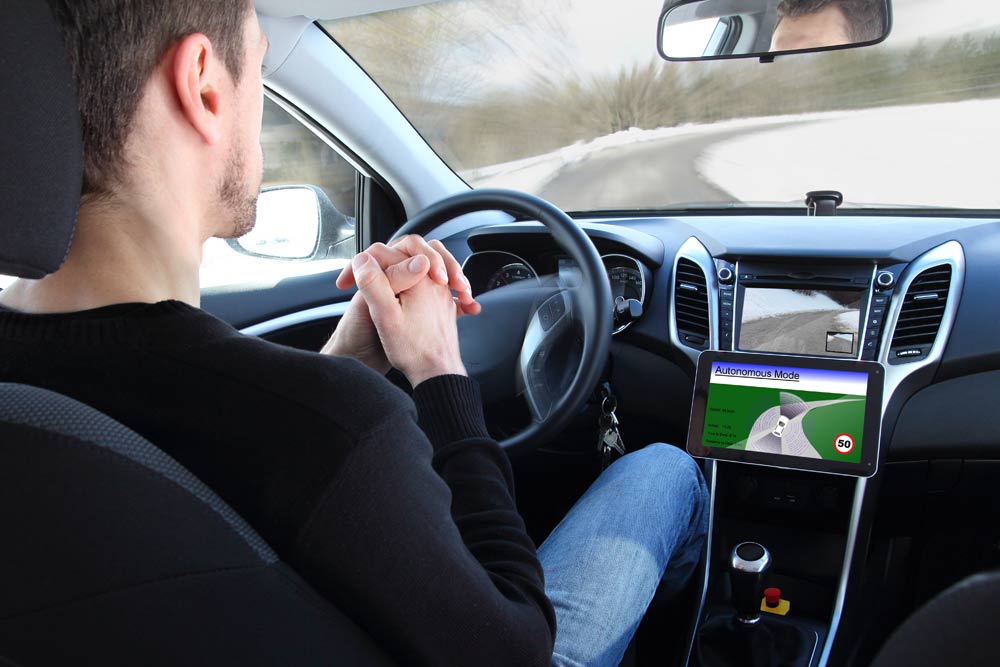 Oculii raises $55 million for its AI-powered radar software
Oculii raises $55 million for its AI-powered radar softwareNews The VAI platform by Oculii improves the angular resolution of any radar by up to 100 times
By Praharsha Anand Published
-
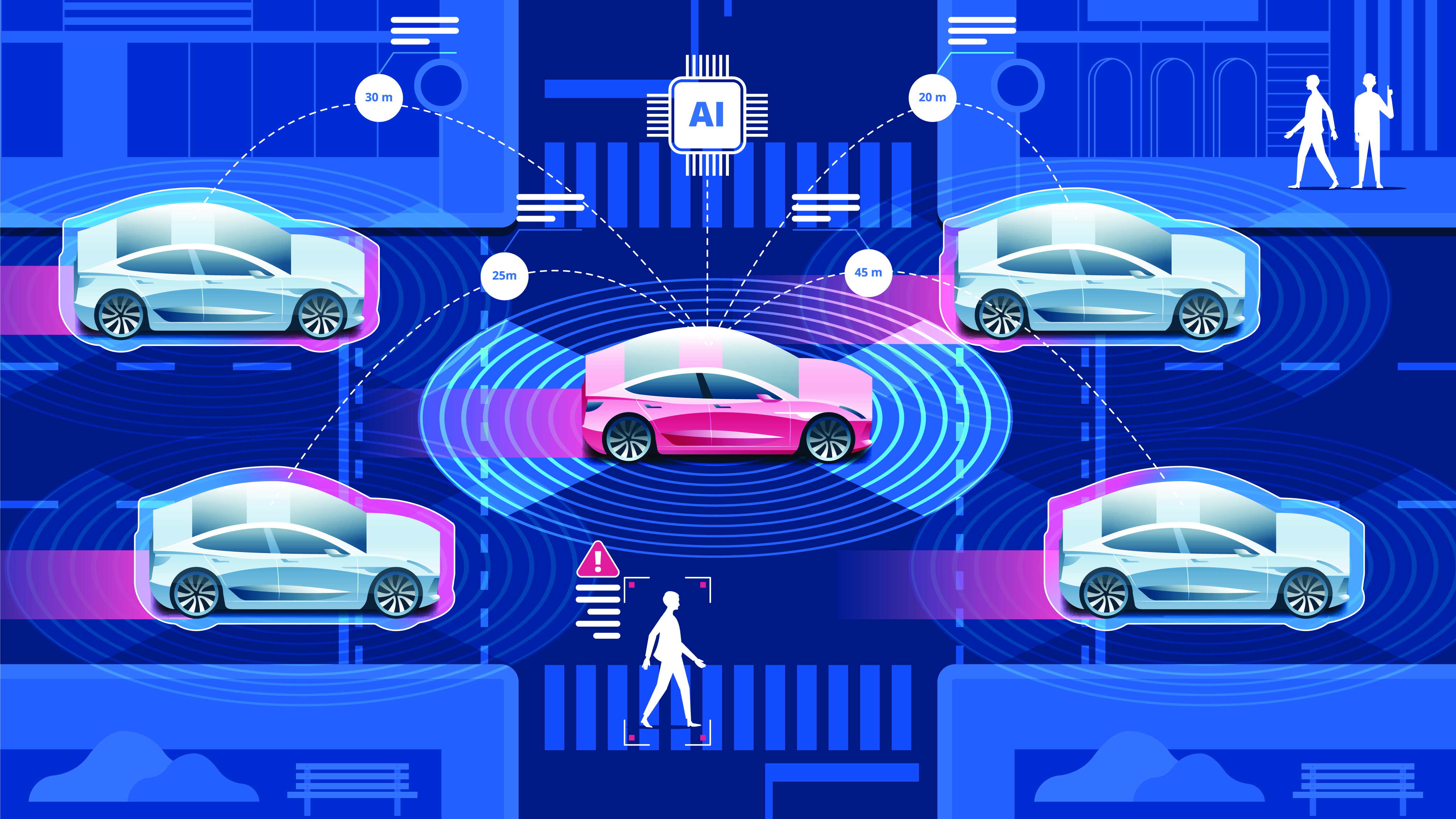 ZF augments vehicle intelligence with next-gen AI supercomputer
ZF augments vehicle intelligence with next-gen AI supercomputerNews New ZF ProAI packs a punch with up to 66% more computing power than its predecessor
By Praharsha Anand Published
-
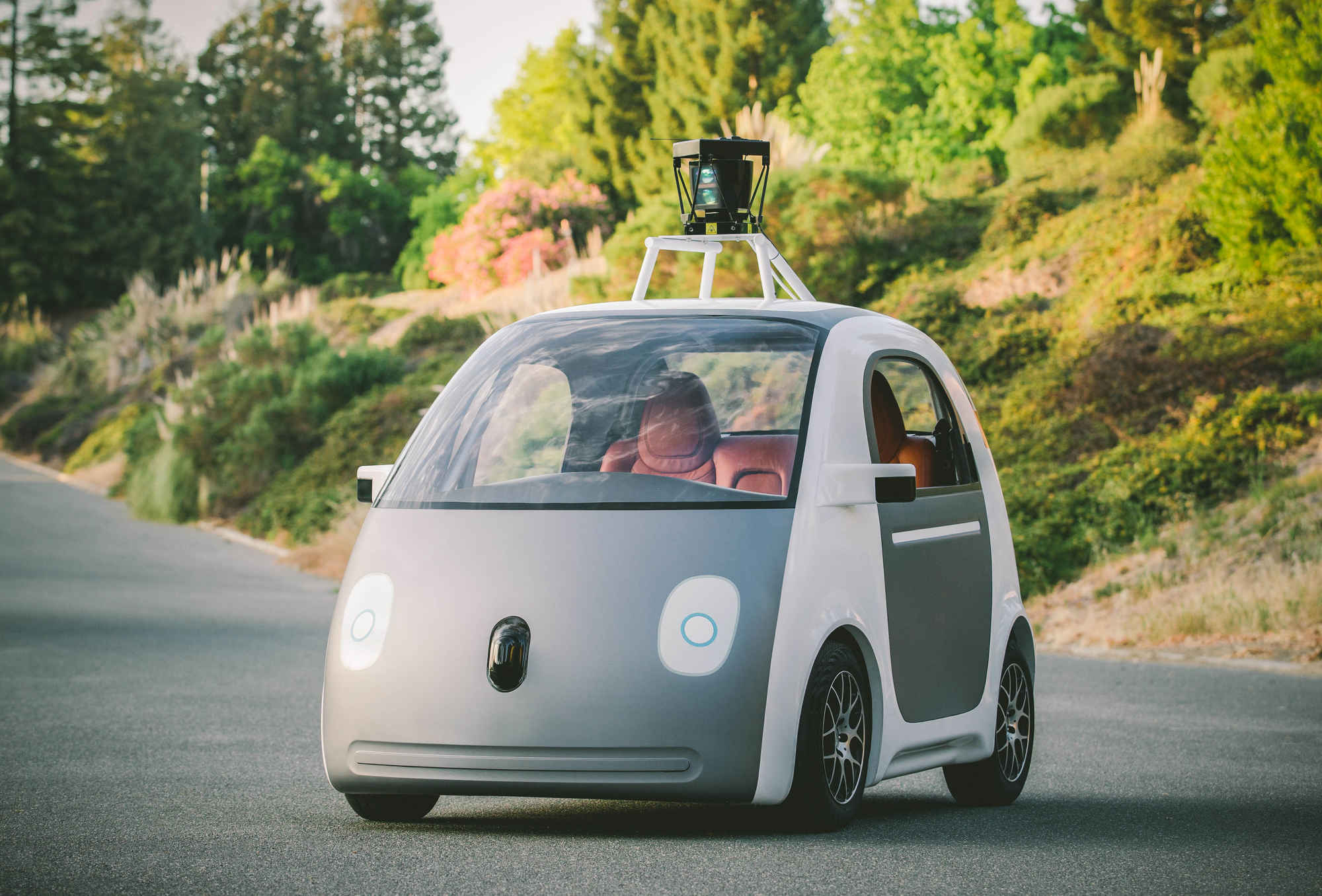 Why driverless cars don't belong on public roads (yet)
Why driverless cars don't belong on public roads (yet)Opinion Autonomous vehicles still can't account for human error
By Jane McCallion Published
-
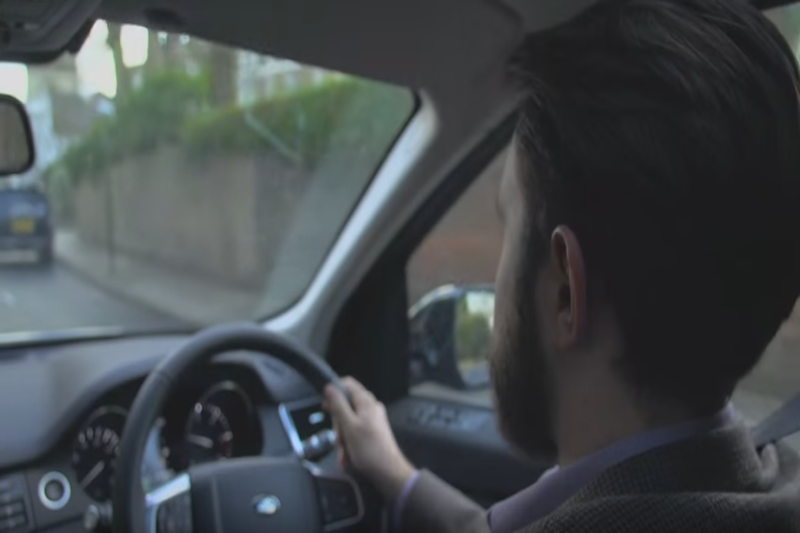 Autonomous cars may prompt the changing of Australian drink-driving laws
Autonomous cars may prompt the changing of Australian drink-driving lawsNews The rise of autonomous vehicles could significantly change future driving laws
By Hannah Simms Published
-
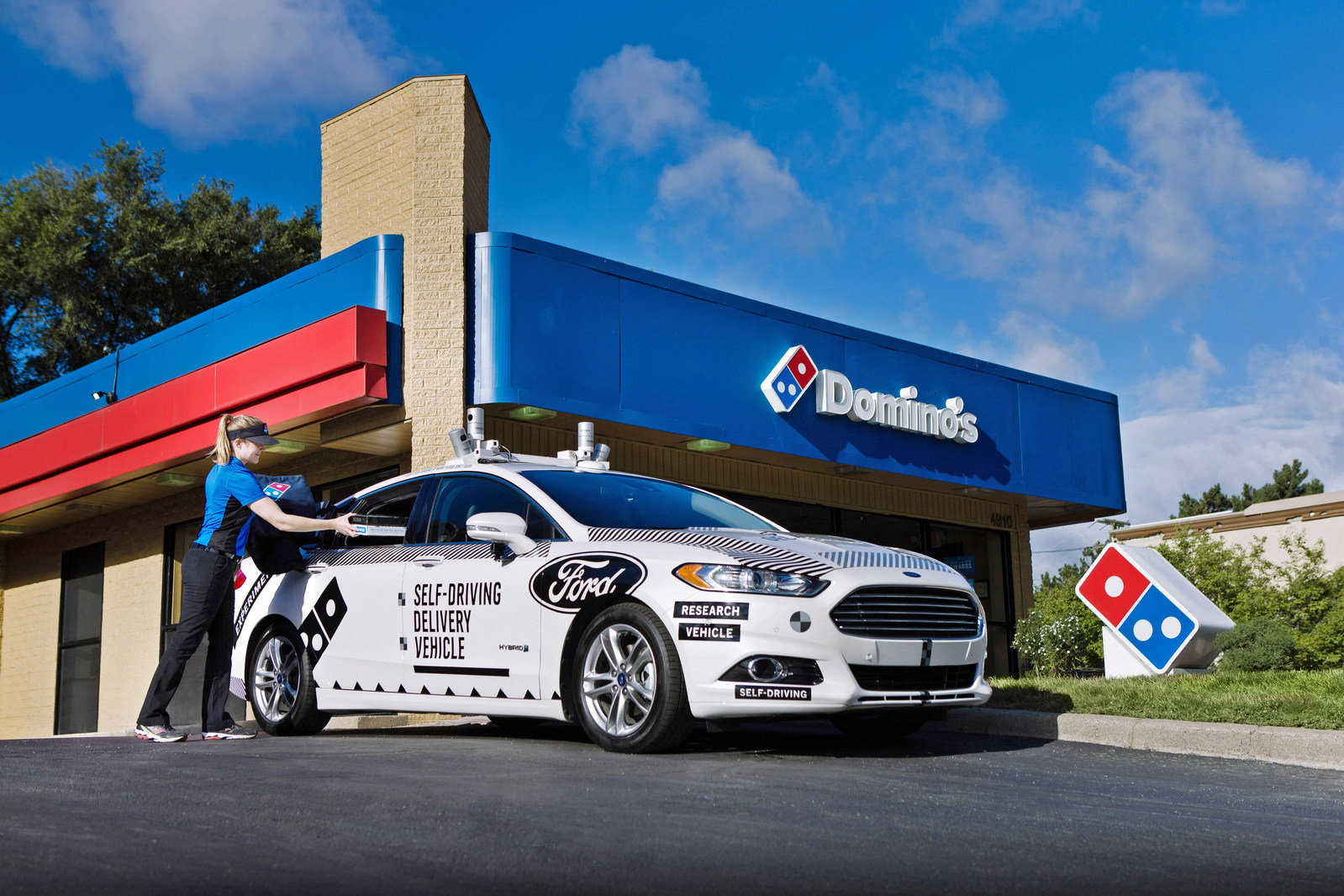 One large pizza, extra onions, hold the tech gimmicks
One large pizza, extra onions, hold the tech gimmicksOpinion Driverless pizza deliveries do nothing for customer service, argues Jane McCallion
By Jane McCallion Published